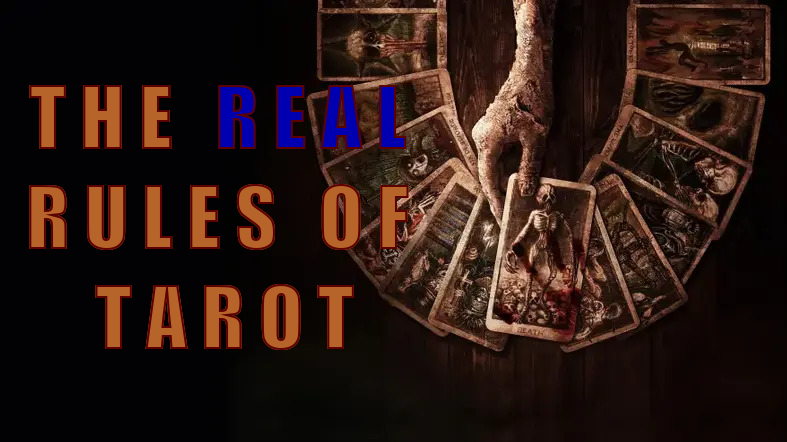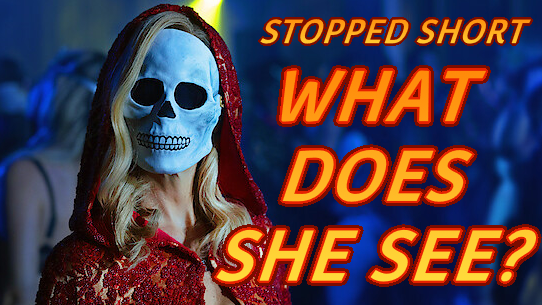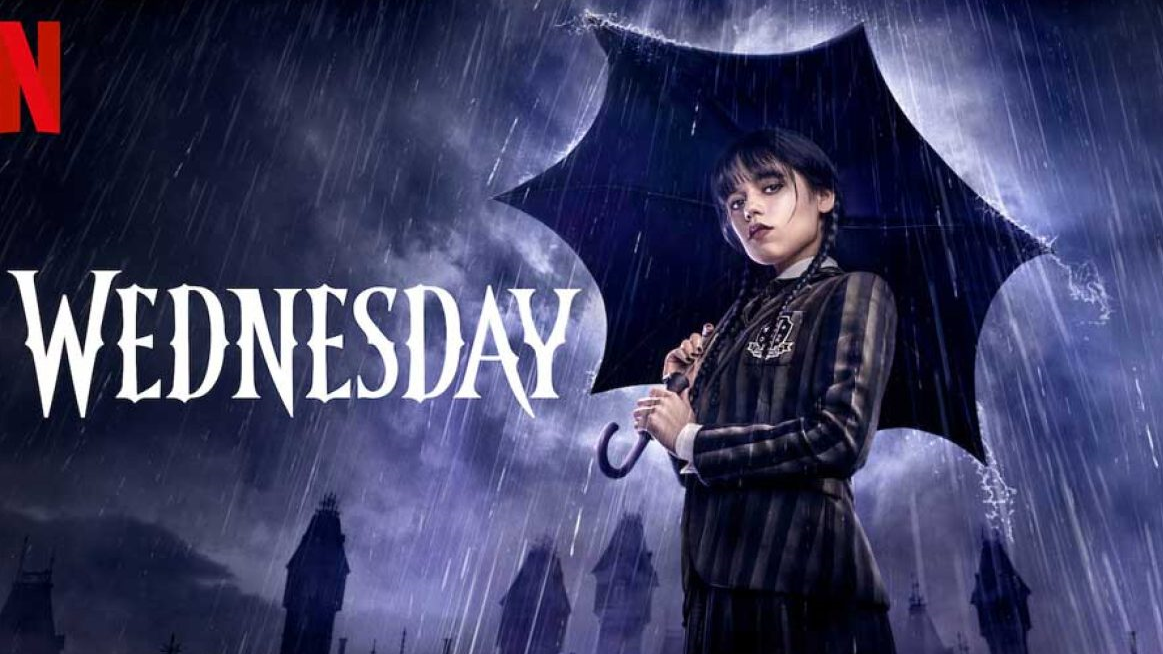WHAT DOES HOLLYWOOD MAKE OF NORMA IN "SUNSET BLVD" (1950)?
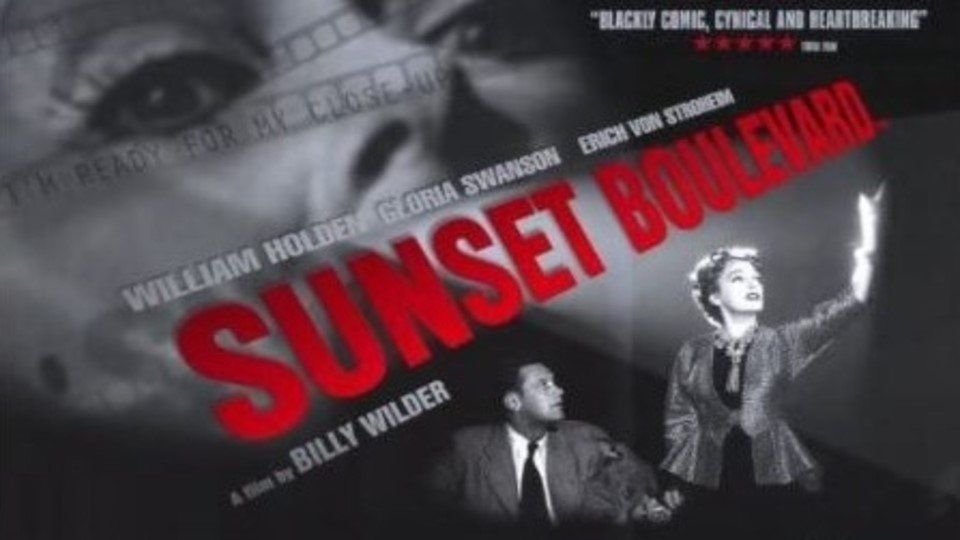
Glenn Close
is a phenomenal actress, especially in the role of psychotically disturbed women. Who better than to take up the torch of Hollywood's iconic villain, Norma Desmond, in "Sunset Blvd", one of Hollywood's greatest classics. With rumors
circulating that a remake starring Glenn Closeis underway, let us now take a hard look at the original story.
What is the message of "Sunset Blvd"?
Simply put, Norma Desmond is a textbook narcissist
, and Writer Joe Gillis acts as an easy source of supply. He begins needing her money, while she needs a skilled writer. On the surface, it would appear to be a perfect situation for both of them. Joe quickly learns that jumping into bed with Norma is anything but an opportunity of any kind.
There are many complex signs of a narcissist. Writers Charles Brackett, Billy Wilder, and D.M. Marshman Jr. seem to cover all of them in a single character. The accuracy is eerily precise. It's brilliant writing. One might wonder if one or all of them had experience dealing with an actress like Norma. This review, however, will only cover the writing angle (or else I'd never finish this review).
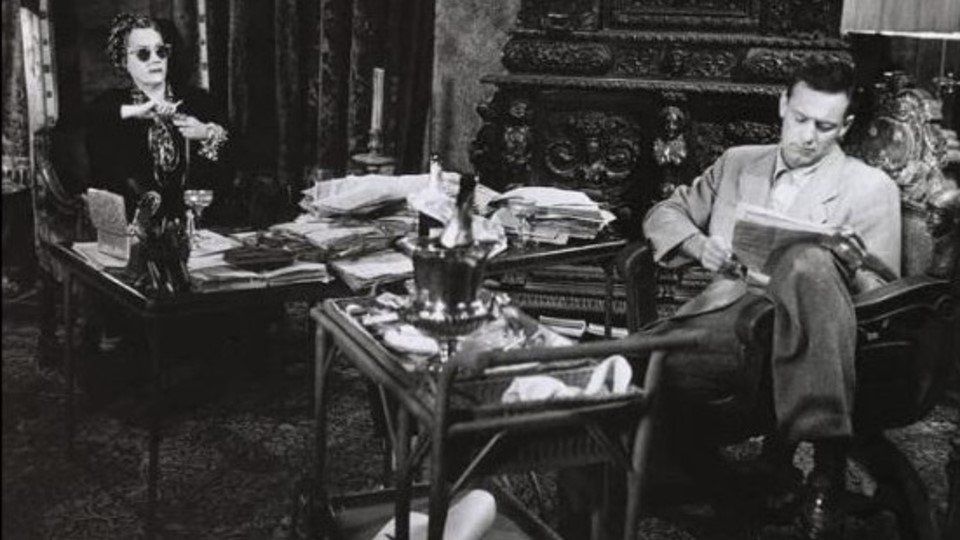
The story follows the narration of failing, uninspired screenwriter Joe Gillis as he is moments away from complete destitution. He is broke, desperate, and ready to throw in the towel. No one wants to produce his scripts, and his agent drops him. Hollywood no longer has a place for him until he happens upon the rundown mansion of Norma Desmond, a wealthy, unstable actress who is unwilling to accept her career is over. She has a script of her own to pitch. Her writing is terrible, but he sees the chance to make an easy dollar by providing some proofreading.
Norma may be an incredible actress, but that doesn't make her a writer. The two fields rarely go hand in hand, regardless of writing it her heart. Narcissists often think they can cut corners and ignore the rules. They fill in the gaps with their superstition, experience, emotion hoping it would be enough. It's not. There are rules to screenwriting: format, dialogue, arc, and flow. Norma's script seems to break every rule. All she wants is a return to the silver screen, so she tries to write herself into her own dream role. Joe Gillis knows better. Any self-respecting writer would.
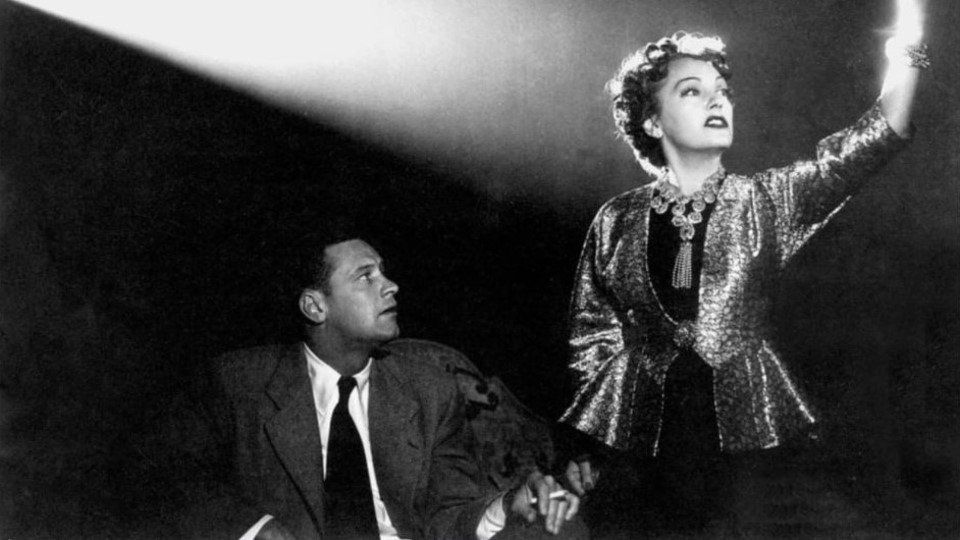
Princess Salome and John the Baptist:
Her story is a foreshadow of the pair's relationship. She seeks out a relationship with him, but he rejects her. Sadly, she sees herself in the story. She is a spoiled, delusional princess, and Joe becomes her John the Baptist. He is the man that rejects her, so she kills him. As soon as he is no longer useful, she shoots him in the back. Just like a narcissist would discard their supply by metaphorically stabbing them in the back.
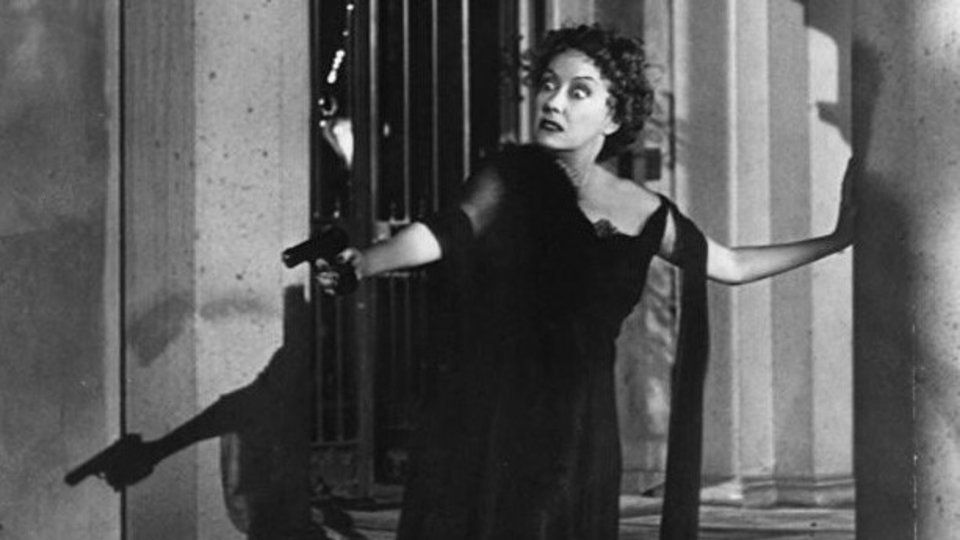
What's worse, she never pays him for his work. He spends an unspecified amount of time toiling over her hopeless script, but his time has no value to her. Sure, she pays his back rent and buys him some clothes, but it's not enough. Joe only wants one thing from her: the means to be an independent writer. He wants eventual freedom. The harder he fights for that independence, the tighter her hold becomes. He winds up with no control and no privacy. She ensnares him; body, mind, and soul; sucking dry all that makes him a writer.
Why does he reject her after all their time together?
He finds a real opportunity with Betty Schaefer, a young aspiring writer. She is everything that Norma Desmond wishes she could be. Joe's time with Norma nearly leads him to quit writing, but Betty reignites his inspiration and brings out the best version of him as a writer. Together, they work on a promising script that (unlike Norma's) might make it to production. At least, it would have if Norma hadn't interfered. She finds his story after snooping through his private things (violating his privacy). In a rage, she forces him to end his professional relationship with Betty, and the script is never finished. Joe dies before his original story sees the light of day.
Yet, the story of his death turns out to be his greatest story of all. Once bragging of 20/20 vision, his hindsight turns out to also be 20/20. As they say, write what you know. His final story is his own. He provides his fellow writers with a cautionary tale begging us not to sell our souls to Hollywood and its toxic products.
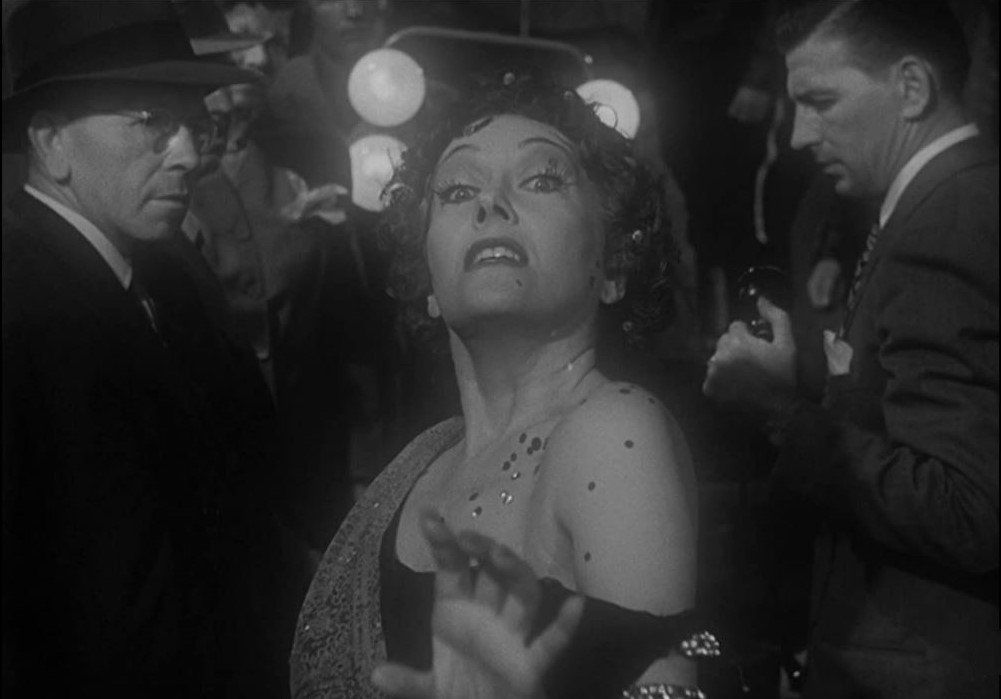
The cruel irony is that he doesn't live to see this story take off. Norma Desmond steals the glory right out from under him. In the end, she gets exactly what she wants out of Joe. She gets her precious spotlight back. Never mind that she kills him in cold blood. Never mind that the press rewarded her behavior. Never mind that she'll probably never see a day in prison for her crime. That's Hollywood for you. It's a cold, uninspired machine. Creative people are too precious to let this cold world destroy the good we have to offer. We should try not to sell our souls.

